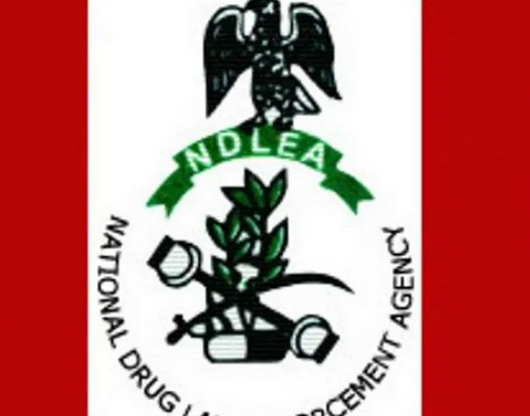The Director-General of the Nigeria Center for Disease Control (NCDC), Dr. Chikwe Iheakweazu, has explained the differences between the ravaging Coronavirus disease (COVID-19) and Malaria.
Ihekweazu’s clarification came on the heels of the demand by the chairman of DAAR communications, Raymond Dokpesi, to be educated on the difference between the two diseases.
Dokpesi and some members of his family were discharged from an Isolation center in Abuja last Thursday, May 14.
While speaking to journalists upon learning the hospital, Dokpesi said all the drugs given to him at the Isolation center were anti-malaria drugs.
He said: “I still have doubts in my mind. I still want to be properly educated. What is the difference between COVID-19 which is a virus and Malaria which is caused by mosquitos because every medication we were given was malaria medication. Some people, before they were told they were COVID-19 positive, they were tested in reputable laboratories and hospitals in Abuja and what they found was that they had a lot of malaria parasites in their bloodstream. So when did malaria become synonymous to COVID-19?’’
READ ALSO: COVID-19: Lagos Struggling With Bed Spaces – NCDC DG
Responding to a similar question from a journalist at the daily briefing of the Presidential Taskforce on COVID-19, in Abuja the NCDC boss said: “I think we all know COVID-19 is a respiratory illness caused by a virus, Malaria is caused by a parasite. They are completely different diseases.
“However, many diseases present exactly the same way in the beginning, Yellow fever presents the same way with fever at the beginning, Lassa the same way, malaria the same way.
“So, the initial presentation of a febrille illness is similar across diseases. There is no specific treatment for COVID-19 so what clinicians do is to manage your symptoms so that your body recovers as quickly as possible.
“You can have Malaria and COVID-19. That you have COVID-19 doesn’t prevent you from having Malaria and if you are in a hospital for one month, you could definitely be co-infected by both of them.
“So there are many reasons why people receive similar treatments but they are two completely different diseases with different pathogenesis.’’












